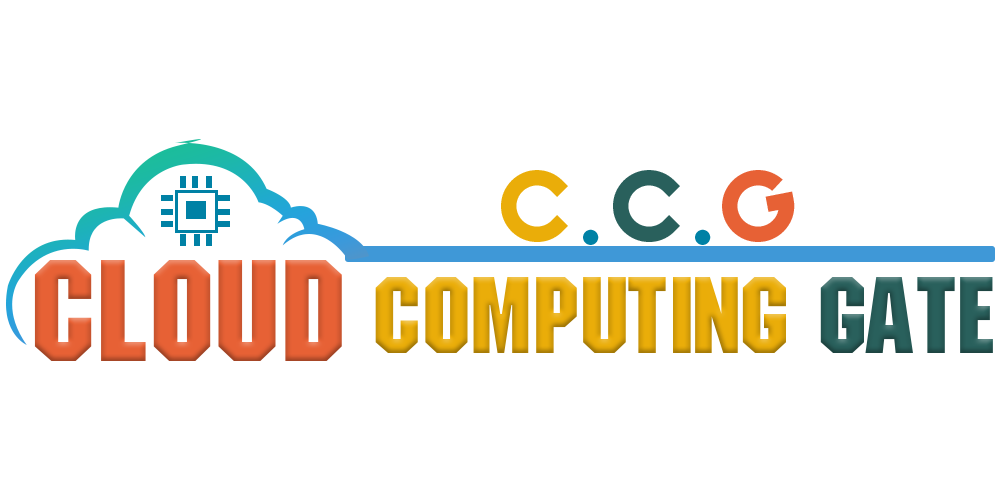Citrix vs VMware
Citrix vs VMware: A Comprehensive Comparison
In the ever-evolving world of virtualization and cloud computing, two giants stand out: Citrix and VMware. Both companies provide cutting-edge solutions for virtualization, cloud management, and workspace productivity. However, when it comes to choosing the right platform for your organization, understanding the differences between Citrix and VMware is crucial. In this comprehensive comparison, we’ll delve into various aspects of these two industry leaders to help you make an informed decision.
Overview of Citrix
Citrix has a long history in the virtualization and cloud computing space. The company offers a range of products and solutions aimed at optimizing the delivery of applications and data to end-users. Citrix’s flagship product, XenDesktop, is a desktop virtualization solution that allows organizations to deliver virtual desktops and applications to users on various devices.
Overview of VMware
VMware, a subsidiary of Dell Technologies, is a well-established player in the virtualization market. Their flagship product, VMware vSphere, is a leading server virtualization platform that enables organizations to create and manage virtualized data centers. VMware also provides solutions for desktop virtualization, cloud management, and software-defined networking.
Comparison: Citrix vs VMware
-
Virtualization Solutions:
- Citrix: Citrix XenServer is their virtualization platform, offering features like live migration, storage management, and support for multiple guest operating systems. Citrix also provides XenApp for application virtualization and XenDesktop for desktop virtualization.
- VMware: VMware offers VMware vSphere, a robust server virtualization solution known for its scalability and performance. VMware Horizon is their desktop virtualization product, and VMware ThinApp helps in application virtualization.
-
Desktop Virtualization:
- Citrix: Citrix XenDesktop is a powerful desktop virtualization solution that supports VDI (Virtual Desktop Infrastructure). It provides a secure and flexible way to deliver Windows desktops and applications to users on various devices.
- VMware: VMware Horizon offers a comprehensive VDI solution, including features like Instant Clones, Blast Extreme protocol, and Unified Access Gateway for secure remote access.
-
Cloud Management:
- Citrix: Citrix Cloud is a cloud management platform that allows organizations to manage Citrix workloads in public and private clouds. It provides a unified console for monitoring and managing cloud-based resources.
- VMware: VMware’s cloud management platform, VMware Cloud Foundation, integrates computing, storage, networking, and management services. VMware Cloud on AWS enables seamless integration with Amazon Web Services (AWS).
-
Networking:
- Citrix: Citrix offers networking solutions like Citrix ADC (formerly NetScaler), which provides load balancing, application firewall, and application delivery control. Citrix SD-WAN enhances network performance and security.
- VMware: VMware NSX is a software-defined networking solution that enables network virtualization and security. It allows for micro-segmentation and network automation.
- Cloud-Native Technologies:
- Citrix: Citrix embraces cloud-native technologies through partnerships and integrations with cloud providers like Microsoft Azure and AWS. Citrix ADC can be deployed in cloud environments.
- VMware: VMware Tanzu is their Kubernetes platform, allowing organizations to build, run, and manage containerized applications. VMware Cloud services integrate with major cloud providers for hybrid and multi-cloud deployments.
- Licensing and Cost:
- Licensing models and costs can vary widely between Citrix and VMware, depending on the specific products and services required. It’s essential to evaluate your organization’s needs and budget when comparing pricing.
-
Support and Ecosystem:
- Both Citrix and VMware have extensive ecosystems of partners, third-party integrations, and user communities. The level of support and available resources may differ, so consider your organization’s support requirements.
-
Security:
- Security is a top priority for both Citrix and VMware. They offer various security features and integrations to protect virtualized environments and workloads.
-
Ease of Use:
- The ease of use and management of these platforms may vary depending on your specific use case and the expertise of your IT team. Consider factors like user interface, deployment complexity, and ongoing maintenance.
Conclusion
Choosing between Citrix and VMware depends on your organization’s unique needs, existing infrastructure, and long-term goals. Both companies offer powerful virtualization and cloud solutions, but the best choice will vary based on factors like scalability, performance, cost, and integration requirements. It’s advisable to consult with IT experts and conduct thorough evaluations or proof-of-concepts to determine which platform aligns better with your business objectives.




Comments
0 comments